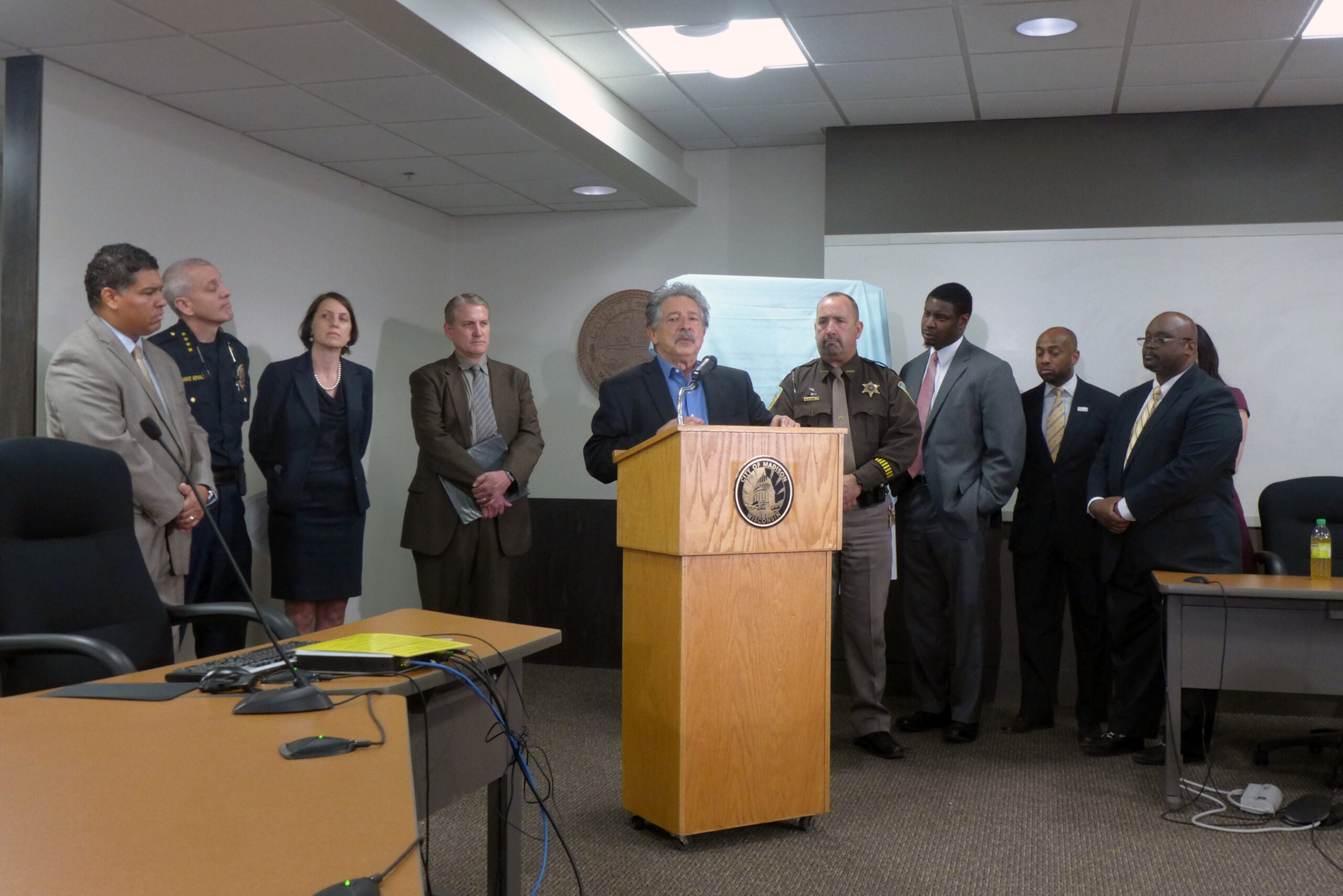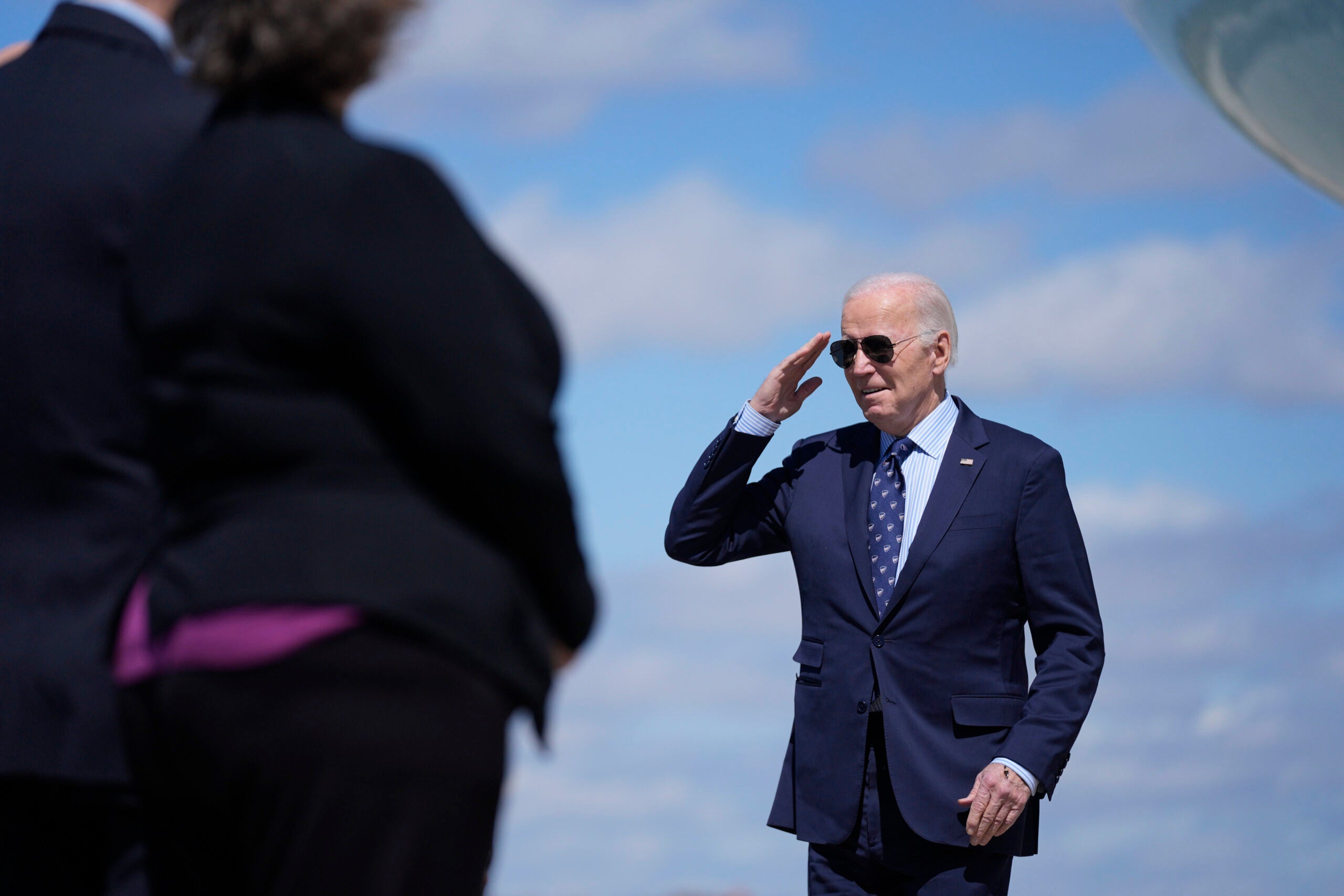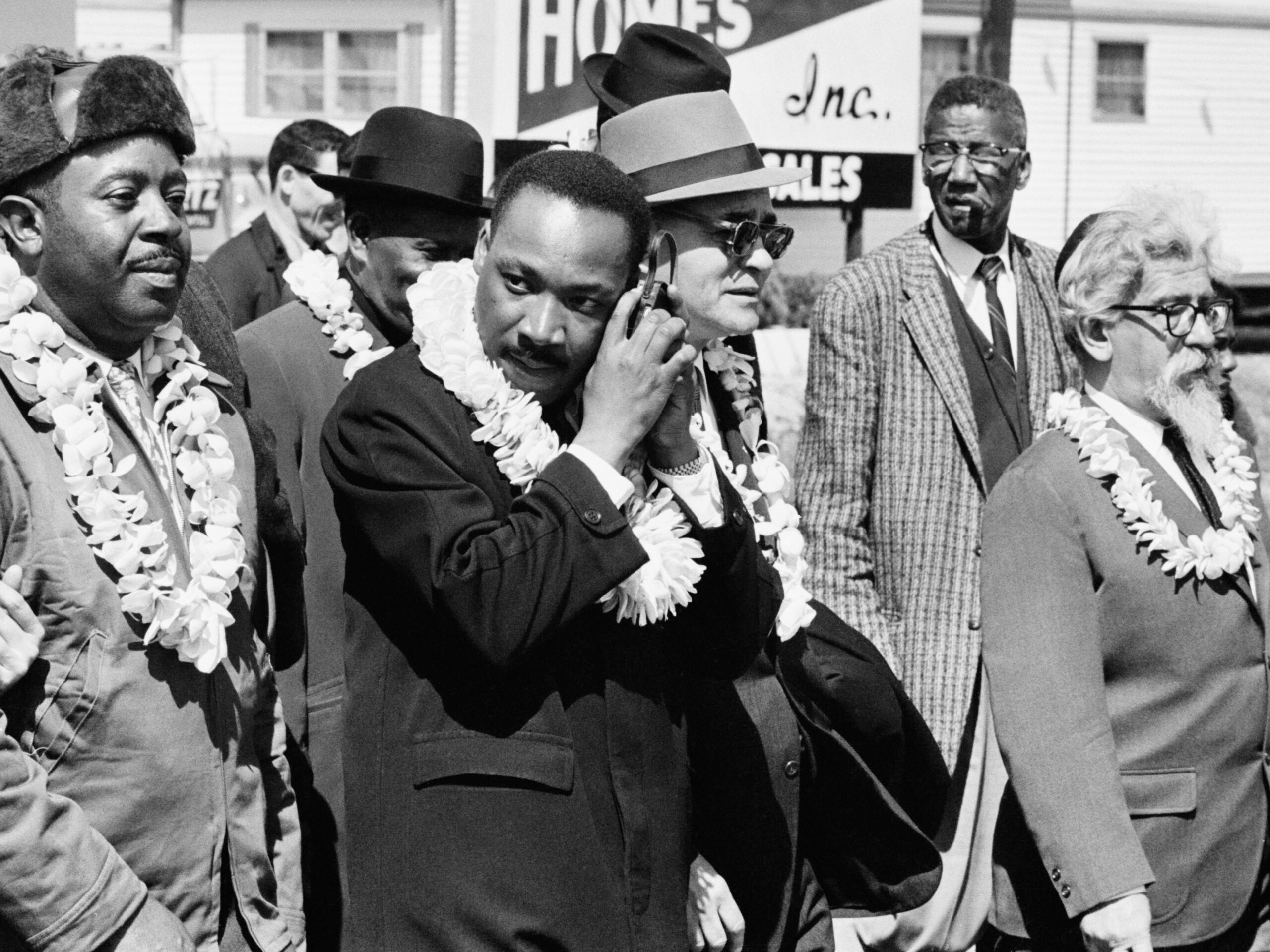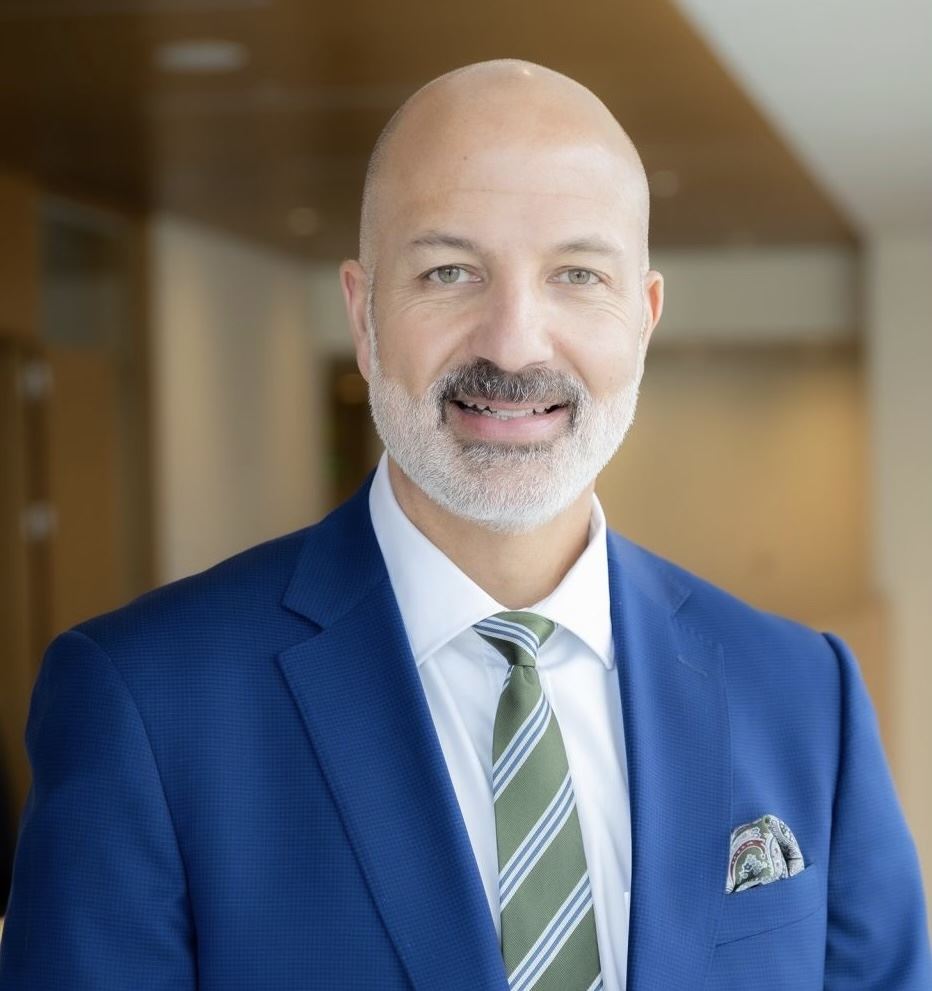Community leaders in Madison have announced an action plan to eliminate achievement gaps for young black men, as part of a program launched by President Barack Obama last year called My Brother’s Keeper.
Madison’s plan for rolling back racial disparities in academic achievement includes the creation of a full-service community school. Madison Metropolitan School District Superintendent Jennifer Cheatham said the school would be open seven days a week.
“It’s open after school. It’s open on the weekends as a hub in the community, a place for the community to gather and support one another — but it’s also a place where essential services can be deployed in a much more coordinated effort,” said Cheatham.
Stay informed on the latest news
Sign up for WPR’s email newsletter.
The plan also includes expanding the use of restorative justice courts that allows juvenile offenders to avoid jail time and a criminal record by performing community service and making restitution to their victims. A recent study found that African-American youth in Dane county are six times more likely to be arrested than their white counterparts.
In addition, the plan features a commitment from the group 100 Black Men of Madison to expand their mentoring program and work with more young black men who are struggling academically or who find themselves in trouble with the law. Reverend Everett Mitchell said that if successful black men don’t get more involved with troubled youth, “they’re not going to be able to see themselves following paths that lead them toward higher education — paths that don’t lead to prison but lead to other places.”
Madison Police Chief Mike Koval said his department’s contribution to the plan will be to encourage his officers to think before they arrest young black men and to look for a better alternative.
“In light of those stark realities that we know to be racial disparities and our complicity in those, we have to think more out of the box and act preemptively and creatively to come to the best possible resolution,” said Koval.
Wisconsin Public Radio, © Copyright 2024, Board of Regents of the University of Wisconsin System and Wisconsin Educational Communications Board.






